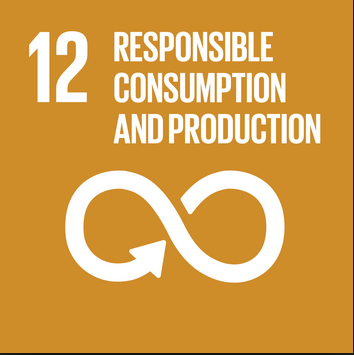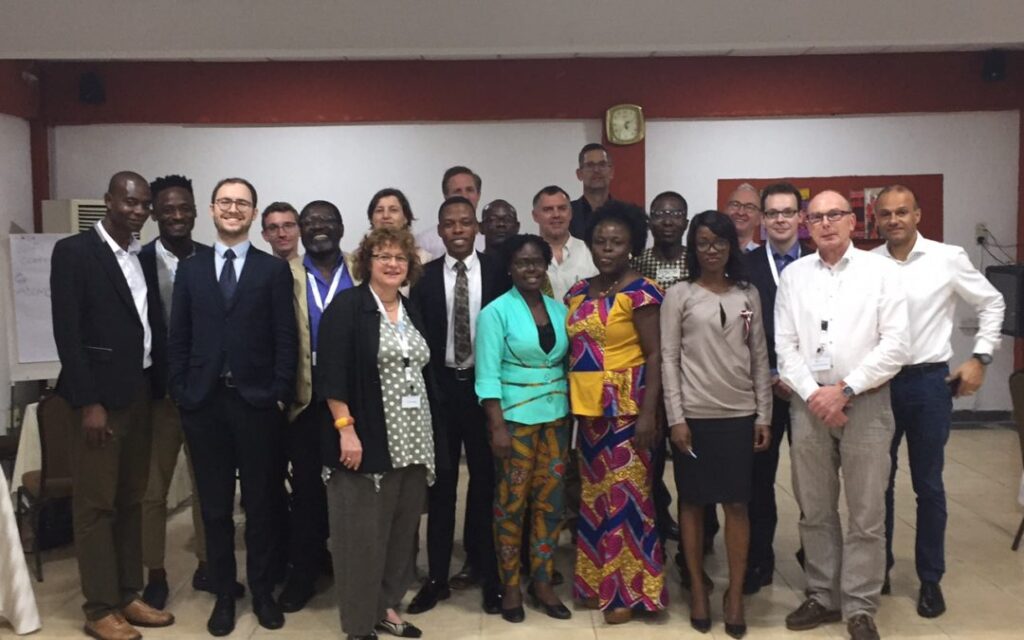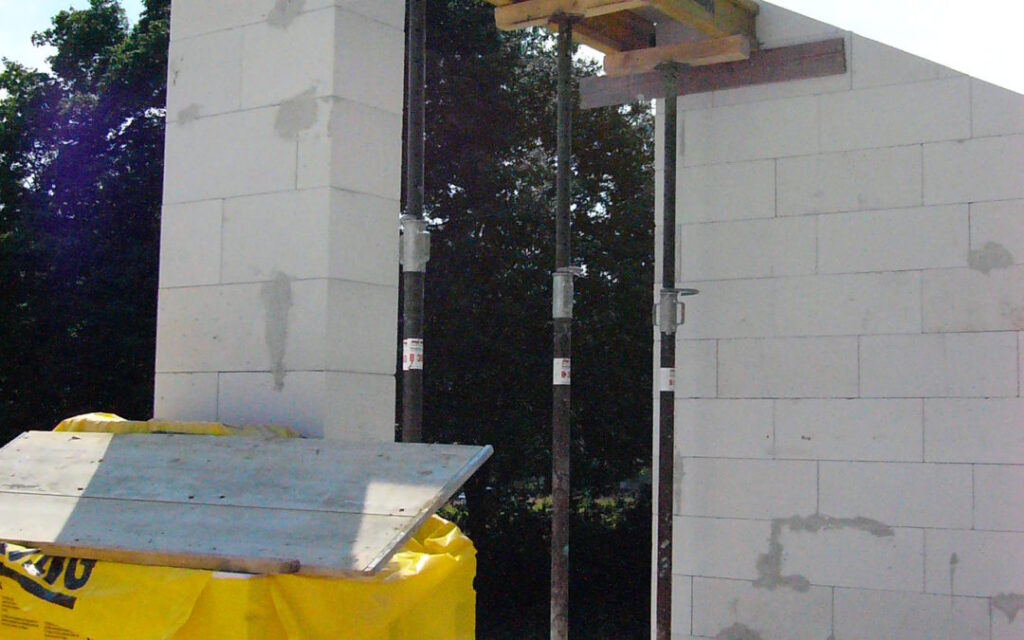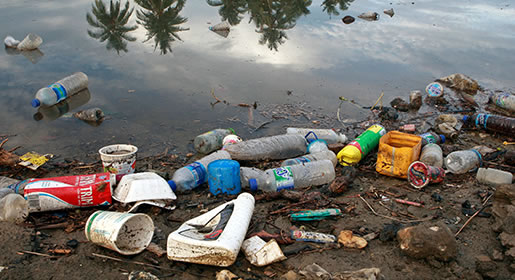Global Chemicals Outlook now available!
The new Global Chemicals Outlook report has been publsihed! The report’s core message is simple. As the acting executive director of UN Environment, Joyce Msuya, succinctly puts it: “We cannot live without chemicals. Nor can we live with the consequences of their bad management.” We are convinced that the Concept of Sustainable Chemistry will play a major role in future production and application of chemicals. And we are proud that we were invited to comment the report in its drafting stage. Our pesent activities focus on the interfaces between chemicals, waste, and products, especially on the legal and practical aspects. If the society wants to re-use products and to recycle waste instead of disposing used products, a clear understanding of the fate of hazardous compounds in waste is urgently needed. Please visit our download centre for further reports and publications.
Global Chemicals Outlook now available! Read More »






